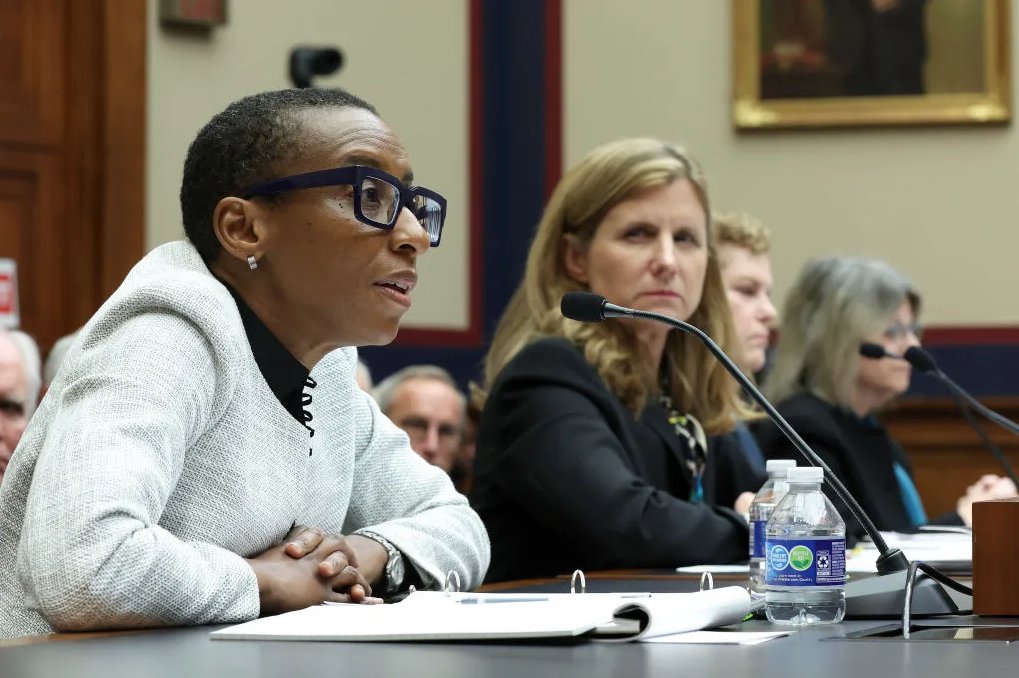New Left identitarians, like Claudine Gay, discovered they could mimic forms of expertise as a means to power for their DEI activism. Her academic work is representative of a vast body of laundered research & credentials that prop up the entire DEI edifice. 1/n 

In an audacious hoax project, @peterboghossian, @HPluckrose, & @ConceptualJames submitted ludicrous research papers to highly esteemed journals in DEI-related fields to expose the activist racket. 7 absurd papers were published, most in top-tier journals. 2/n
Up until now, laundering poorly researched ideology through peer review to secure legitimacy among elites had a cultural forcefield around it. Activist scholars & their students would level relentless ad hominem attacks & accusations of "isms" at anyone who questioned their legitimacy. The forcefield seems to be semi-permeable now. 3/n

Claudine Gay, who is fundamentally a DEI activist, stepping down from the top job at the most prestigious university in the world is a major development. She's likely to become a template to take down much more of the harmful activist infrastructure. 4/4
https://x.com/realchrisrufo/status/1742339419854770284?s=20
A full documentary series on the subject (The Reformers 2023) can be viewed here - shorturl.at/fkvR7
• • •
Missing some Tweet in this thread? You can try to
force a refresh











